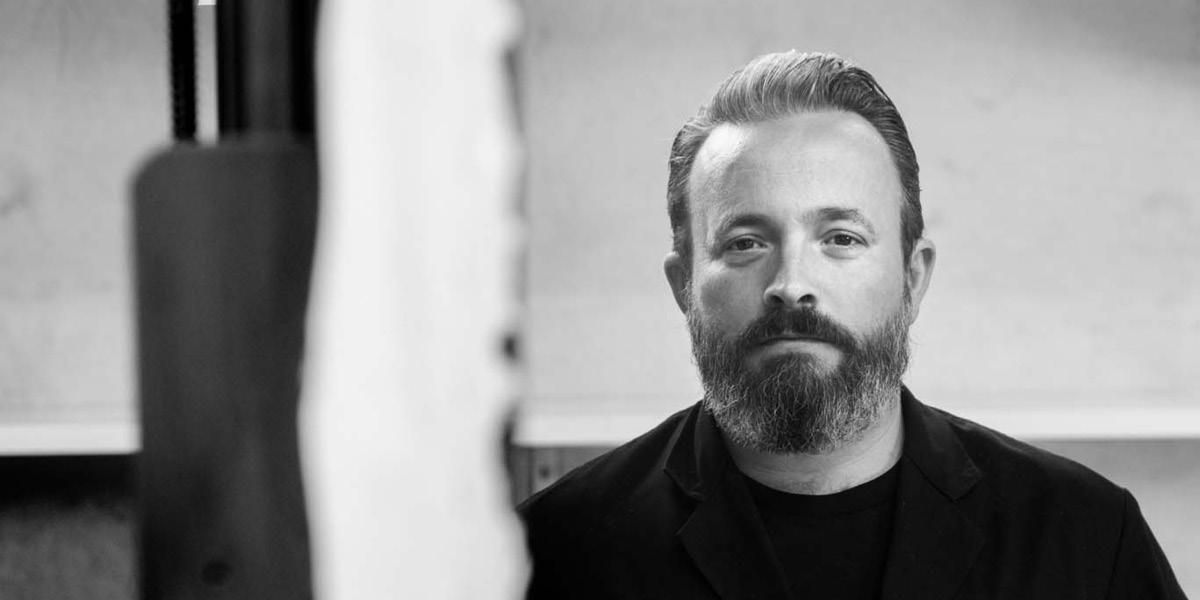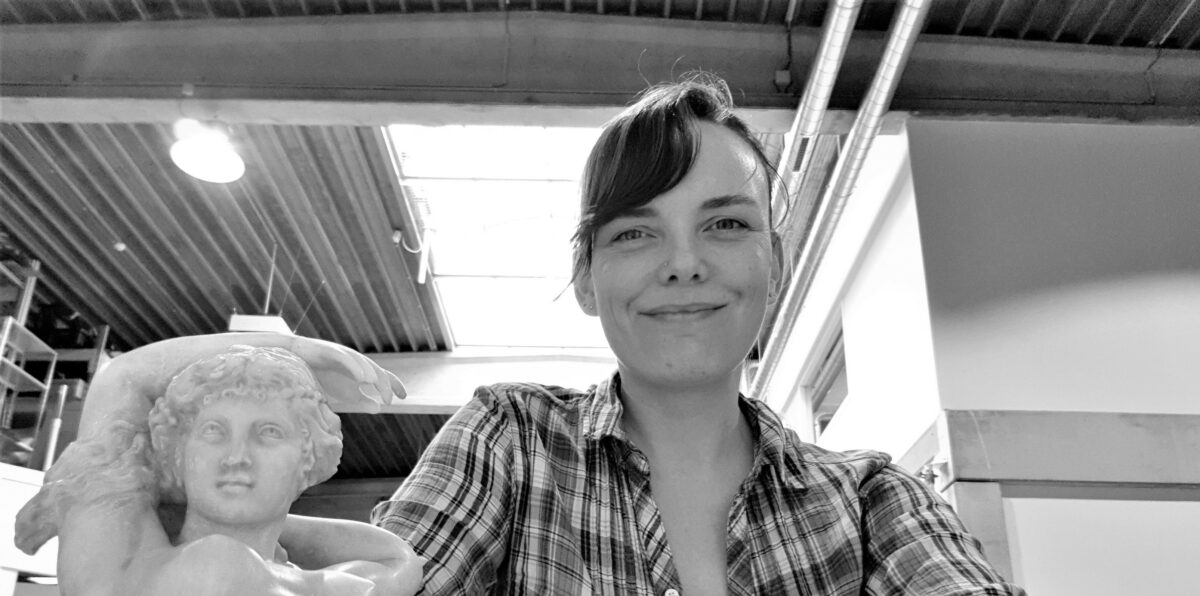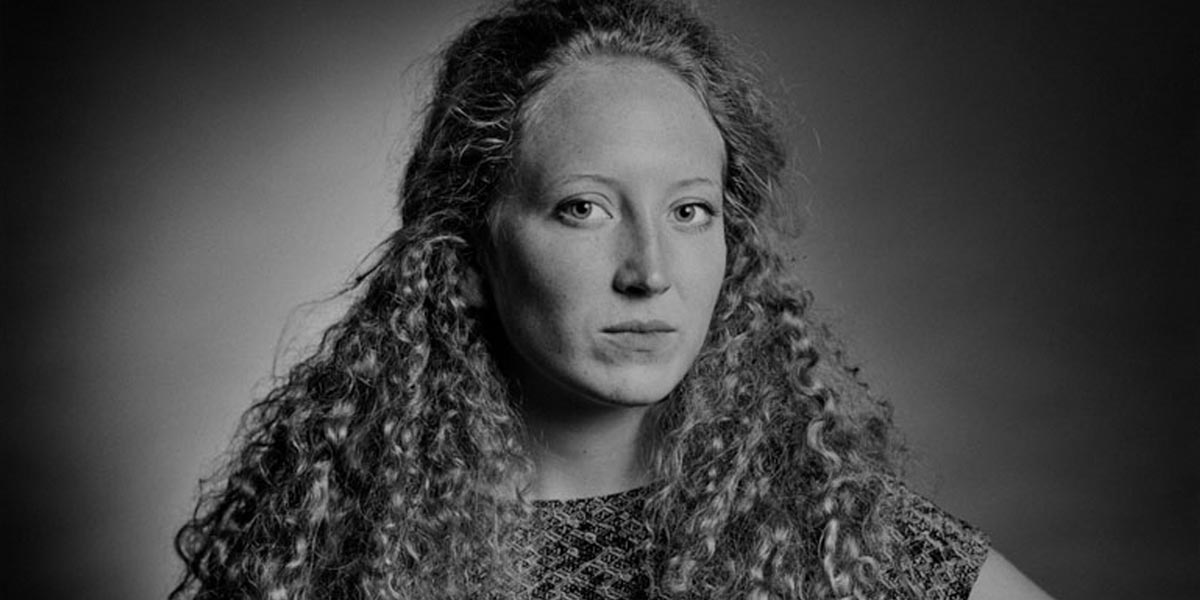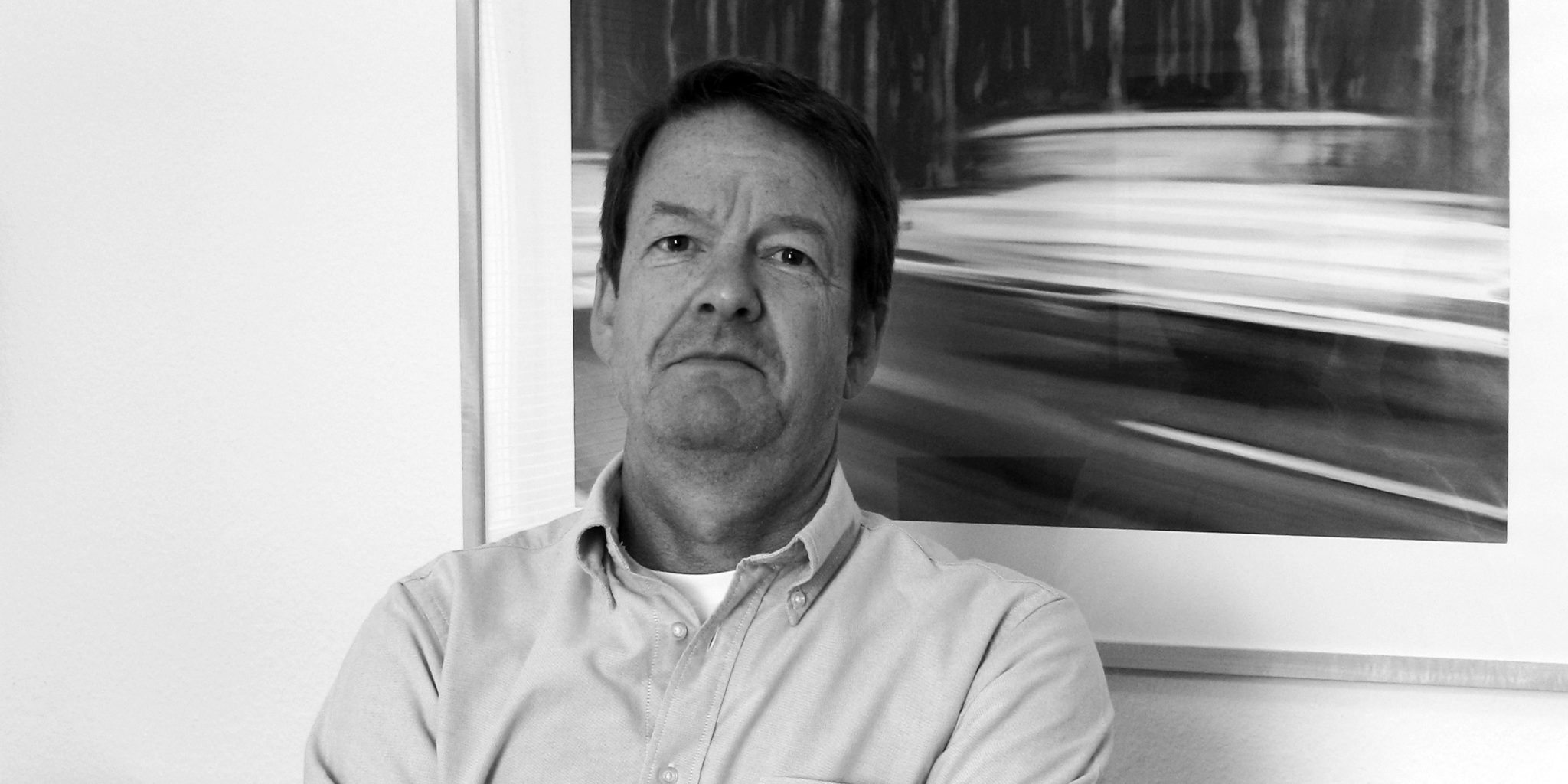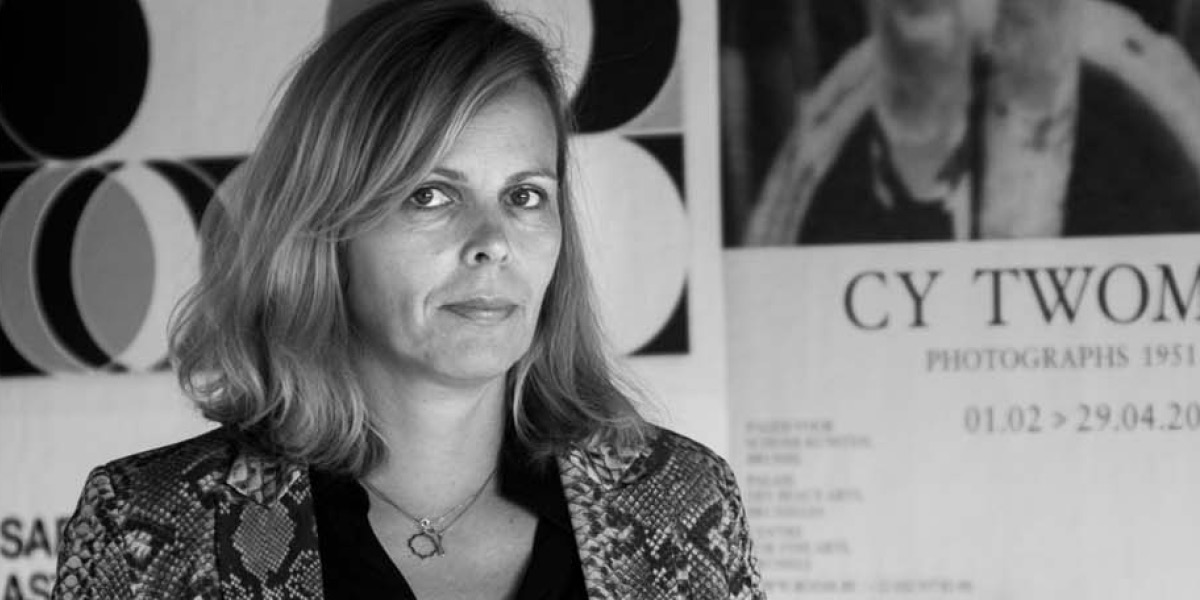For museums, professional collectors, churches and art lovers.
The International Platform for Art Research and Conservation Ltd (IPARC) is a multidisciplinary platform of expertise offering services in all areas of restoration and conservation.
A team of highly qualified professionals each bringing a specialist area of expertise to the platform works on old and modern masters, contemporary art, wood, polychromy, stone, metal, textile, paper as well as visual media.
Cooperative
IPARC has deliberately adopted a cooperative business model, in order to make the best use of the know-how and expertise of its partners and with a view to establishing a sustainable operational approach for the future. The restoration and conservation of works of art is a particularly intensive process in which not only knowledge and experience, a methodological framework and professional ethics are crucial; so too is the training of subsequent generations.
IPARC partners also bear in mind the long term and collective solidarity within the undertaking. The various artistic disciplines are each led in a responsible way by a partner with more than 10 years of relevant professional experience; decision-making within the cooperative is taken on the basis of equality. There is a particular emphasis, moreover, on openness, transparency, honesty and social responsibility.
Workshop & laboratory
IPARC has its headquarters in a business premises on the outskirts of Brussels, situated very close to the national (cargo) airport and at the junction of the main approach roads; it is easily reached by public transport. This ensures that the journey from home to work is a convenient one for both staff and trainees.
When fitting out the workshop (ca 700 m2) we heavily invested in security, fire detection technology, organization and adequate adaption of the climate requirements of the work zone of each individual specialism.
Potentially damaging, dust-proof/dusty, and noisy activities are isolated from each other; the laboratory, moreover, is located in a separate zone, so that all analyses can take place together, with direct access to digitalisation via camera or computer. The workshop is fully equipped, so that several objects can be treated in parallel, and has a wide range of technical equipment, easels and treatment tables, including a hot vacuum table. In setting it up, particular attention was paid to the organisation of the materials and the inventorying of materials and objects.
Extraction is provided at a number of points where vapours and odours may be released in the course of treatment.
Partners
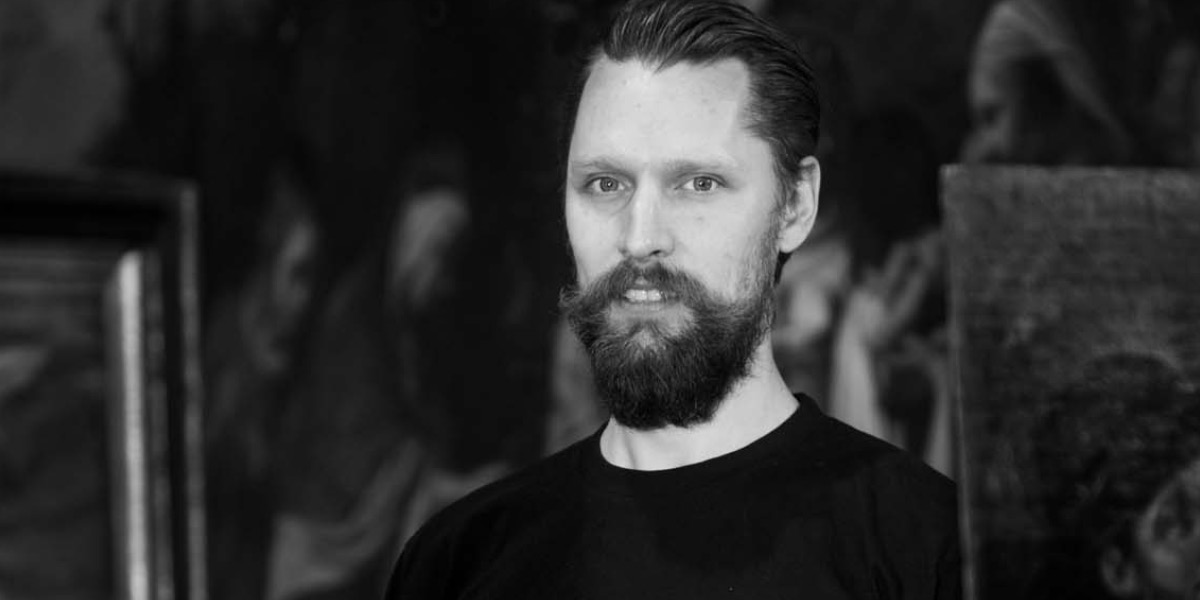
Obrecht De Boer
Partner Painting Conservation
Team
IPARC’s qualified and certified conservators work in different teams based on the topology of art objects i.e. old master paintings, modern and contemporary art, wood, stone, textile, polychromic objects and metals. We work on old and modern masters, contemporary art, wood, polychromic sculpture, stone, textile, metal, paper as well as visual media:
- Sien Dumeez, Painting Conservator (UA, 2010)
- Stijn Lenaerts, Painting & Polychrome Conservator (UA, 2009)
- Zoë De Grande, Painting Conservator (UA, 2017)
- Louise Füeg, Painting Conservator (La Cambre, 2016)
- Rhe Suykens, Painting Conservator & Consultant Preventive Conservation (TH Köln, 2021)
People, planet & profit
In a knowledge-driven organisation the most valuable capital consists of its employees. Continuous learning allows them to develop and evolve. At the time of recruitment and employment IPARC intentionally includes a number of social responsibilities in the composition of the team.
The close consultation with the people in charge of collecting the items and the owners gives conservators an important, interactive role. Transparent, fair and direct communication is crucial.
When defining products and treatment methods sustainable products with a low chemical risk and light ecological footprint are chosen. The warm air treatment method from ICM consumes significantly less energy than freezing or anoxia and does not have the toxicity of the treatment with gasses. The evolution of aqueous cleaning methods (instead of toxic solvents) is closely monitored and taught.

